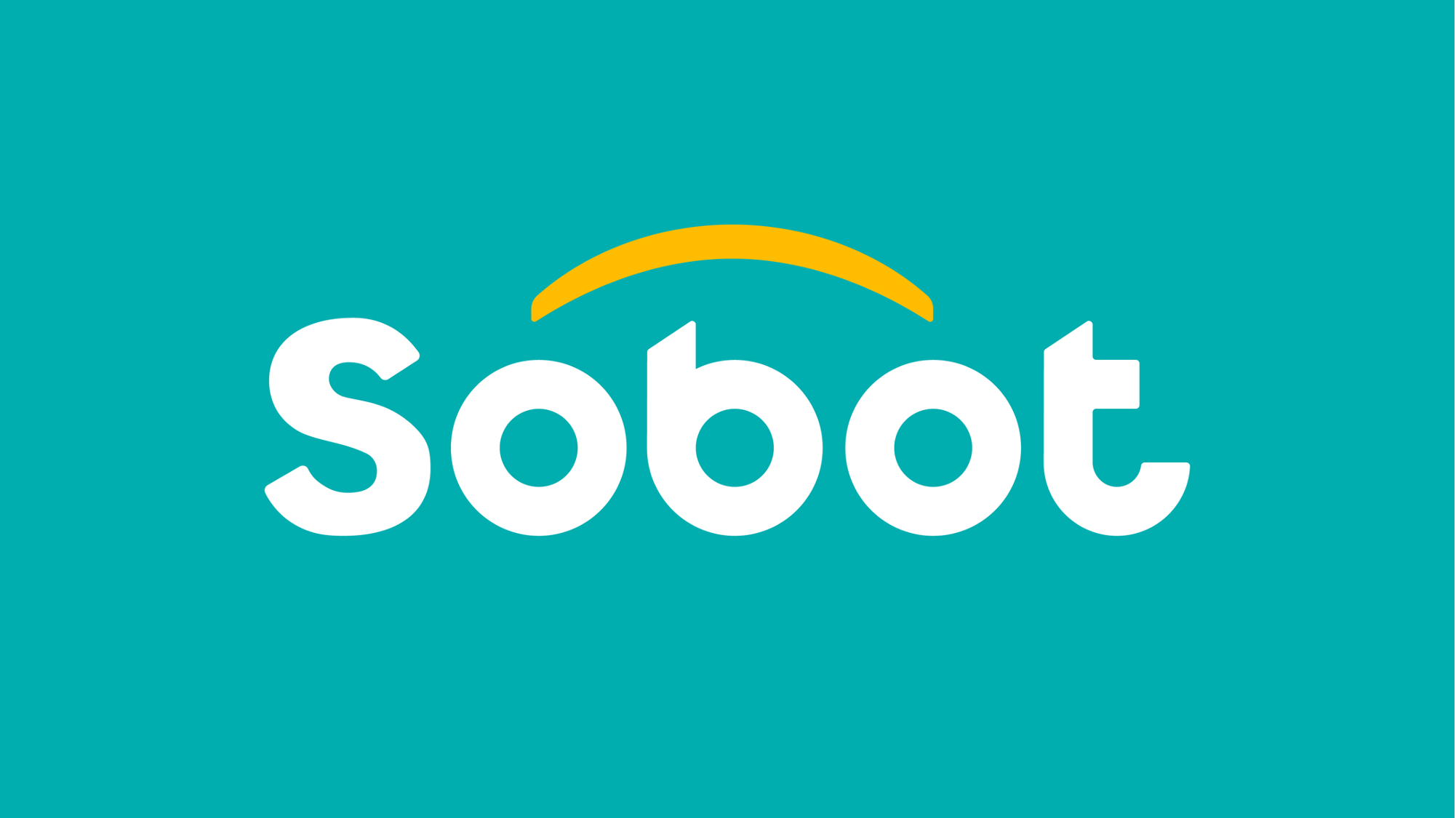Keeping customers happy can feel like juggling dozens of tasks at once. A helpdesk ticketing system acts like a digital assistant, organizing every inquiry, tracking each issue, and ensuring nothing slips through the cracks. By turning chaos into clarity, this customer support ticket system empowers businesses to provide faster, smarter, and more satisfying customer service.
Centralized Management of Customer Queries
A primary benefit of a helpdesk ticketing system is centralized management. Instead of scattered emails, messages, or calls, all customer inquiries are collected in one platform. Each interaction is converted into a ticket, allowing support teams to track issues efficiently and avoid missed requests.
Centralization ensures that no query is overlooked, improving response times and creating a seamless experience for customers. For businesses handling high volumes of support requests, this organized approach reduces confusion and enhances overall service quality.
Improved Response Time and Efficiency
Helpdesk ticketing systems prioritize and categorize tickets based on urgency or type of issue. This allows customer support teams to address critical problems first and assign tasks to the most suitable agents. Automated workflows and notifications further streamline the process, ensuring that no ticket goes unattended.
Faster resolution times contribute directly to customer satisfaction. When clients receive prompt and accurate support, their trust in the brand grows, leading to repeat business and positive reviews.
Enhanced Tracking and Accountability
With a ticketing system, every interaction is recorded and logged, creating a clear audit trail. Support agents and managers can monitor the progress of tickets, identify recurring issues, and ensure accountability within the team.
This visibility also enables businesses to analyze performance metrics, such as average resolution time and customer satisfaction ratings. By using these insights, companies can make informed decisions to improve their customer service processes.
Consistent and Personalized Support
Helpdesk ticketing systems often integrate customer history and previous interactions. This allows support agents to provide more personalized responses, referencing past tickets or specific customer preferences. Consistency in responses ensures that customers receive reliable and accurate support every time they contact the service team.
Personalized interactions make customers feel valued and understood, creating a stronger connection between the client and the brand.
Automation and Self-Service Options
Many modern helpdesk systems offer automation features and self-service portals. Frequently asked questions can be handled automatically or redirected to knowledge base articles, reducing the workload on support agents. Customers can access solutions independently, speeding up problem resolution and increasing satisfaction.
Automation not only improves efficiency but also frees up agents to focus on more complex issues that require human intervention.

Conclusion
A helpdesk ticketing system benefits customer service by centralizing inquiries, improving response times, enhancing accountability, and enabling personalized support. With automation and self-service options, businesses can further streamline operations and deliver faster solutions to clients.
Implementing a robust ticketing system ensures that customer issues are handled efficiently, boosting satisfaction, loyalty, and overall brand reputation. For businesses seeking to strengthen their customer service strategy, a helpdesk ticketing system is an essential tool for success.


